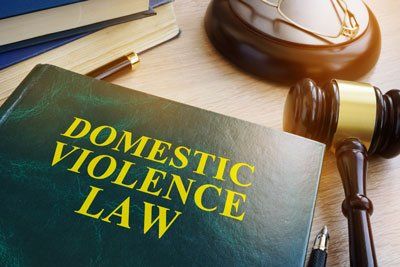Domestic Violence & Protection Orders
You Need a Protection Order in Domestic Violence Cases

At their most basic, protection orders are legally-enforced court orders that disallow someone from being near or communicating with another person. Protection orders are more commonly known as restraining orders.
Protection orders are legally required to be enforced by every law enforcement agency and court, regardless of the state of origin. That means if you have a protection order against a person in Georgia, and you move to California, the protection order still applies in every way.
Protection orders, in the context of domestic violence, empower victims by legally validating their concerns. While a protection order is ultimately paperwork that must be backed by police, it is a powerful symbol to your abuser that the state is holding them accountable for their behavior. It also keeps them at a real, enforceable distance. For emotionally manipulative abusers, protection orders also forbid communication of any kind. However, this behavior must be reported for it to be enforced. Fortunately, the majority of people who have orders against them do not violate the terms of protection.
How to Get a Protection Order
To file a protection order, the plaintiff must make two court appearances; one to declare the need for one and why, and another for the defendant to object or explain why the restraining order is not necessary. If a protection order is filed, then it is presumed to be permanent unless the plaintiff has children with the defendant, and they have not filed for divorce within 120 days. After 120 days, the court order does not apply.
Why an Attorney Can Help
Our attorneys believe it is a privilege to watch a victim of violence stand up to his or her abuser, to witness such courage in action. Our firm is passionate about the well-being of our clients, and we are determined to make sure each and every victim of abuse has nothing to fear. Our skilled family law attorneys can provide the representation and support you need to protect yourself, using every law that applies to your case.
Our guidance can help ensure that your abuser can never legally approach you or your loved ones ever again.
